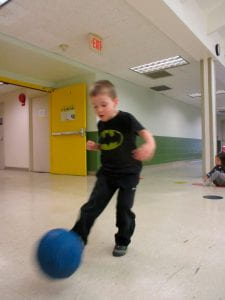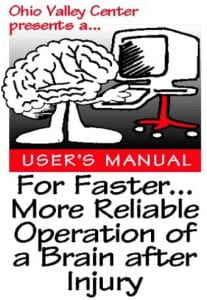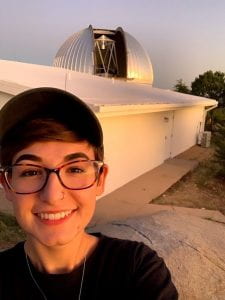For my STEP Signature Project, I conducted research in the cognitive neuroscience/psychology department on the effects of certain conditions on visual filters and attention. The main components of my project experience consisted of conducting background research on the subject, data collection and analysis, and experimenting with MATLAB. The major findings from the project were synthesized into a research presentation.
Working on this project has allowed me to open my mindset to different perspectives and areas of research, and transform my understanding of the research process. Prior to this project, my interests in research were primarily restricted to studies that I have learned about from class. However, by engaging in different topics with my project mentor and conducting further background research in the scientific literature, I learned to work with new concepts and ideas that were completely out of my comfort zone. As I became more comfortable with different subjects, I learned the significance behind every research study and their contribution to our scientific knowledge. I was able to grow from the challenges that arose during the research process, especially through this unprecedented time. With limited in-person communication towards the latter portion of the project, it became extremely important for me to learn to adapt to different circumstances while conducting research from home.
From working on this project, I have learned that a fundamental aspect of research is built on the efforts of collaboration. From discussing my initial ideas with my principal investigator to conducting experiments with my postdoctoral mentor, my interactions with my fellow lab members played a significant role in the way this project was executed. Those who have offered their insight and expertise and guided me along the process have given me a first hand opportunity to learn about conducting research beyond what is taught in class. Being able to freely engage with each other was a significant part of my lab environment, and has allowed me to learn from different perspectives and ideas. With the onset of the pandemic, accessibility to resources and communication with lab members became more challenging, but I continued to receive encouragement in working on the project and practicing my research presentation. Working with people in this lab environment has provided another goal for me to continue working in an environment where I feel encouraged through discussion and collaboration.
A major portion of the project involved collecting data from human participants. One of my weaknesses is that I often have an overwhelming tendency to be shy around new people. However, as I gained more experience with running subjects, I became more confident in guiding subjects through the experiment and explaining the complex instructions. I also had the opportunity to answer their questions, which allowed me to reflect upon the different ways in which the goal of the experiment was interpreted, as well as ideas for future experiments. When working with subjects, it was very important for me to maintain consistency and improve my presentation skills for all the different subjects. I have become more confident in working with different people and hope to continue to improve my presentation abilities.
Working with a new programming environment was one of the major challenges I came across. Learning MATLAB and its various collections helped me gain a lot of new knowledge about programming and using models to conduct analysis. Data analysis for this project involved excel and models in memtoolbox (MATLAB), where I compiled and conducted analysis over nine thousand lines of data to create visualizations of patterns in behavior. Some of the results I produced include subjects’ overall performance, guess rate, and standard deviation. My mentor’s expertise had a major role in guiding me on how to determine the significance of data and interpretation. Through my interests in research, I became inspired to pursue a minor in computer science to further develop my computing skills for designing experiments.
As someone who plans to pursue neuroscience research in graduate school, I will always be able to learn from the experiences I’ve gained from my STEP project throughout the rest of my career. Not only was I given the opportunity to engage in firsthand cognitive science research, I was able to learn from the challenges that I faced along the way and grow as a student. The biggest transformation has been about discovering the direction I wish to pursue and how it allowed me to reflect upon my future career goals. Throughout my undergraduate years, I have always felt a sense of apprehension in determining whether what I hoped to pursue was right for me. However, through this experience, I learned that the true extent of scientific work cannot be merely encompassed in my courses, and became determined to further my interests in research and contribute to the scientific literature in the future. I now have a deeper understanding of the questions I wish to explore in graduate school and beyond, and above all, I will always continue to learn about research through different experiences and perspectives.
MATLAB programming environment for data analysis (statistical modeling via memtoolbox)









